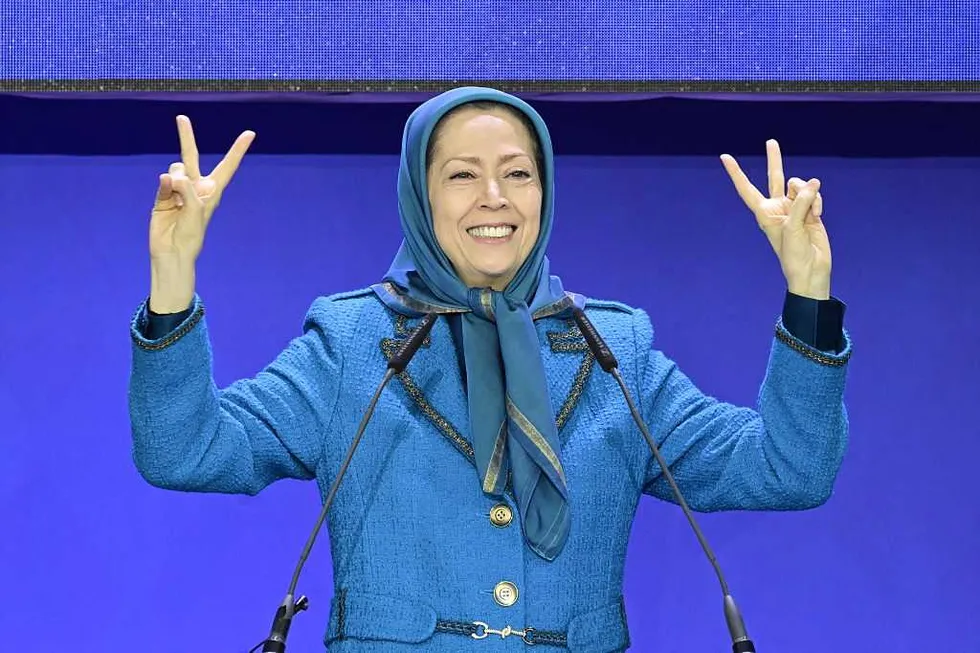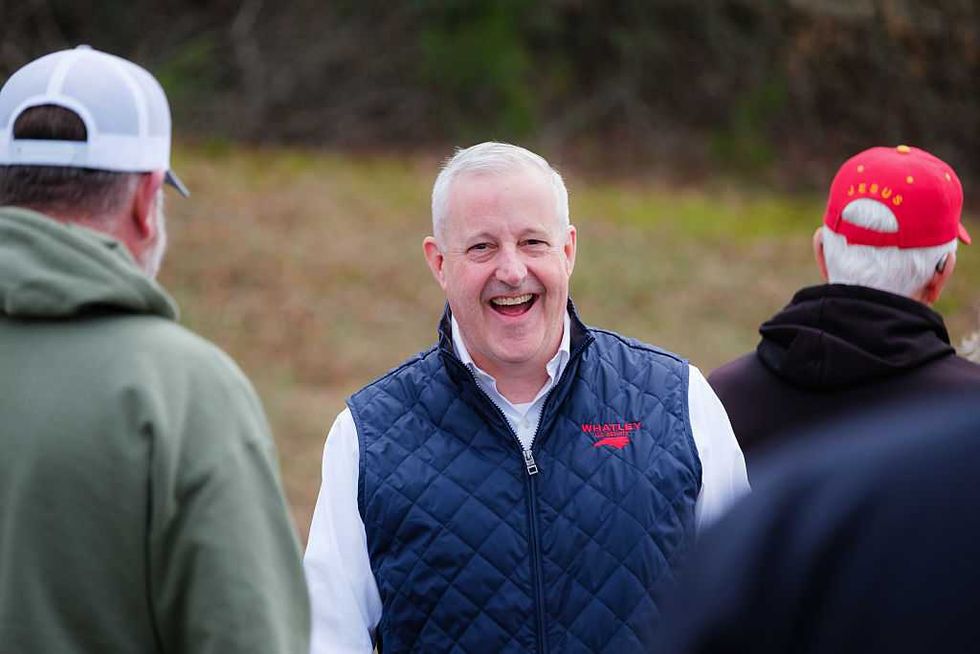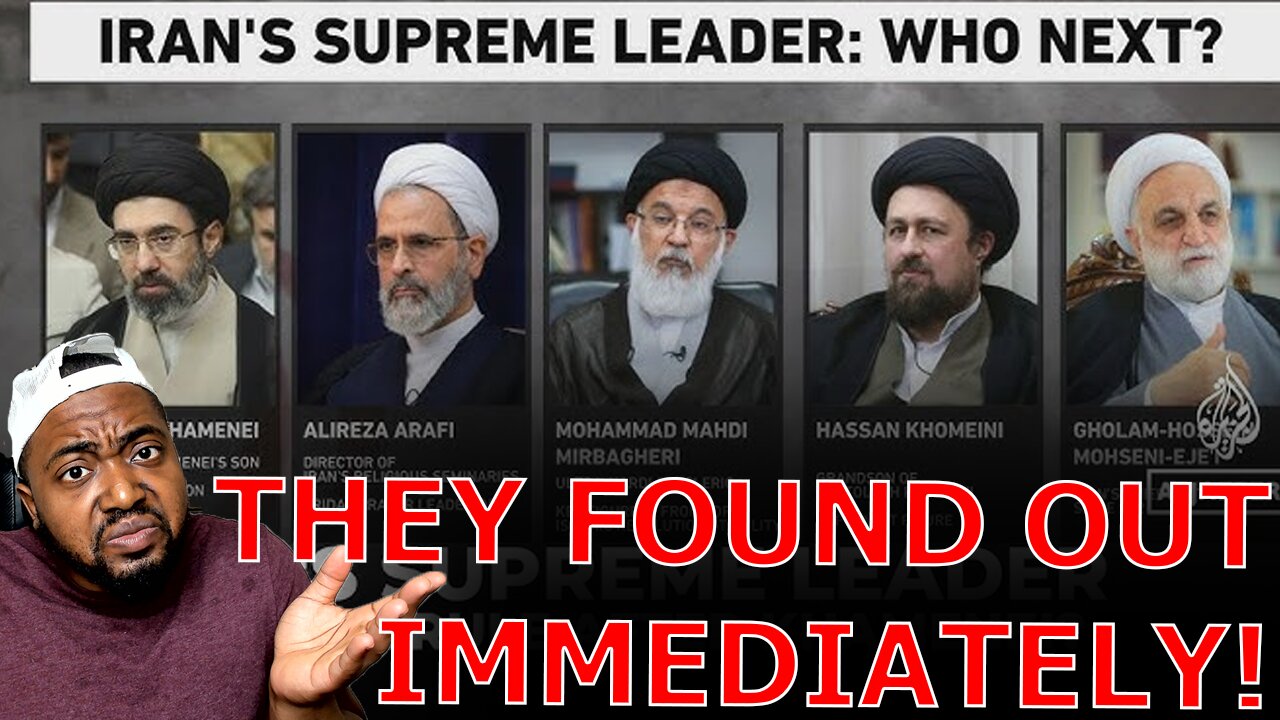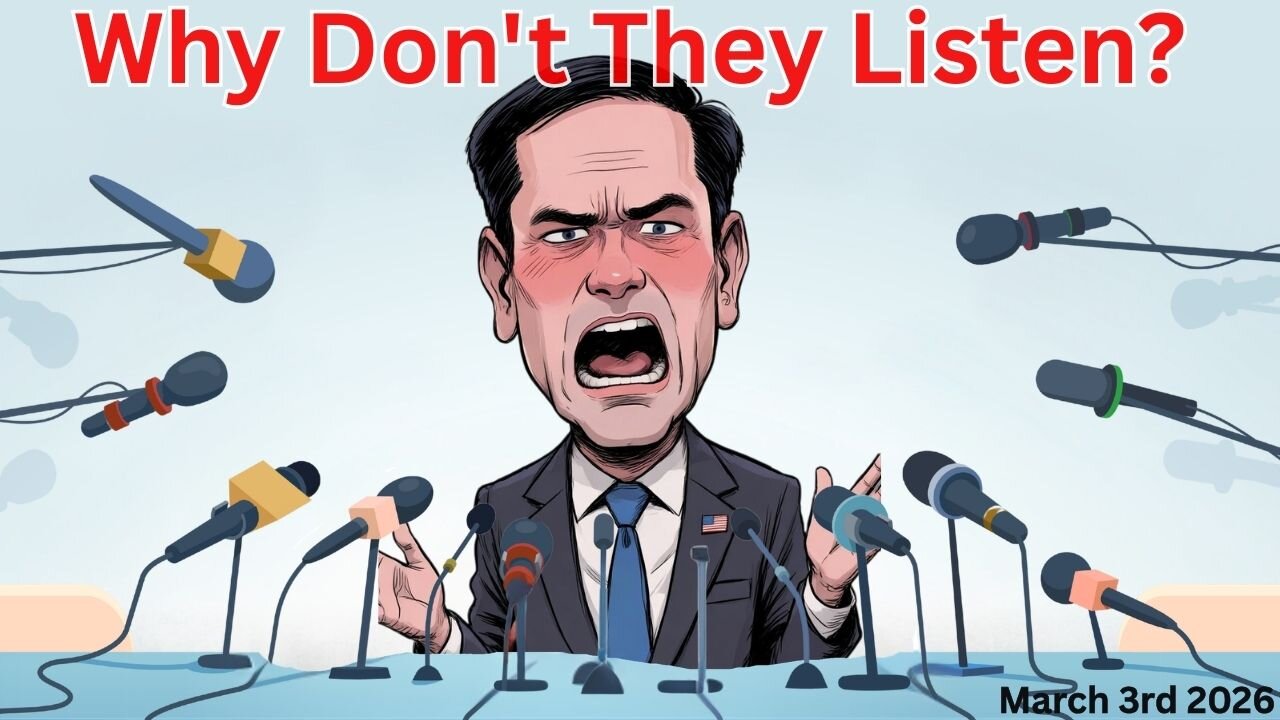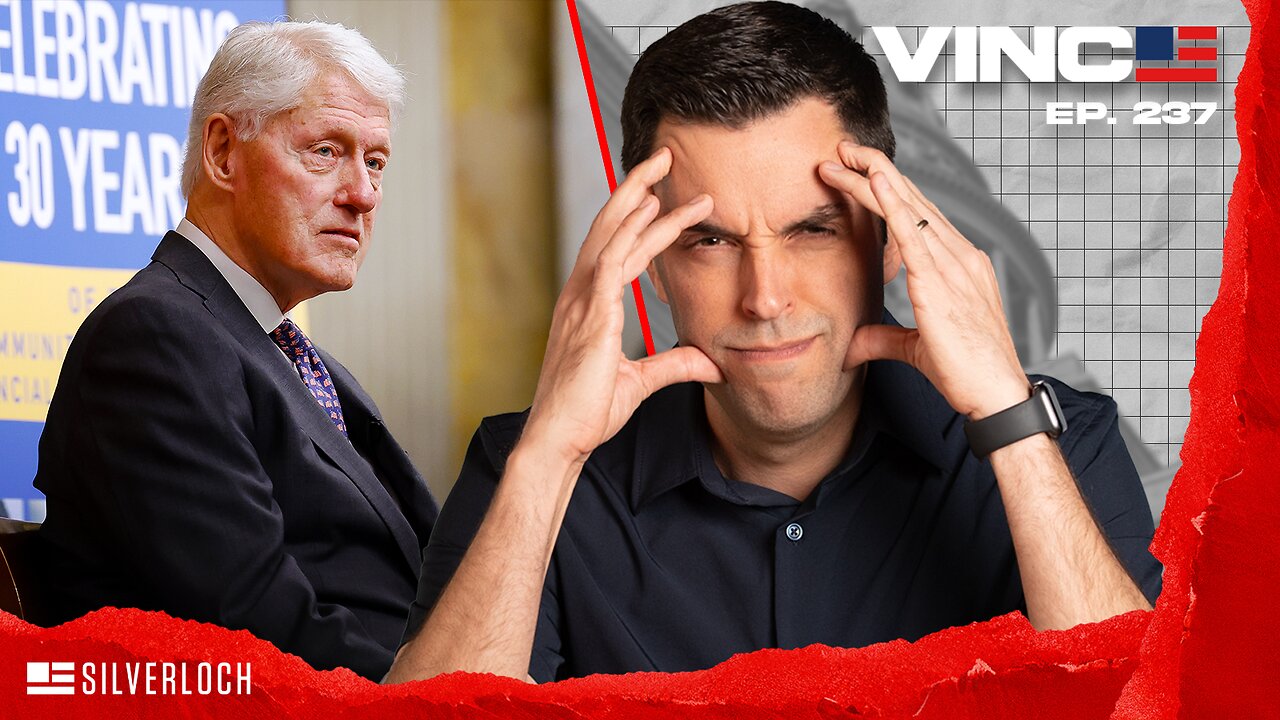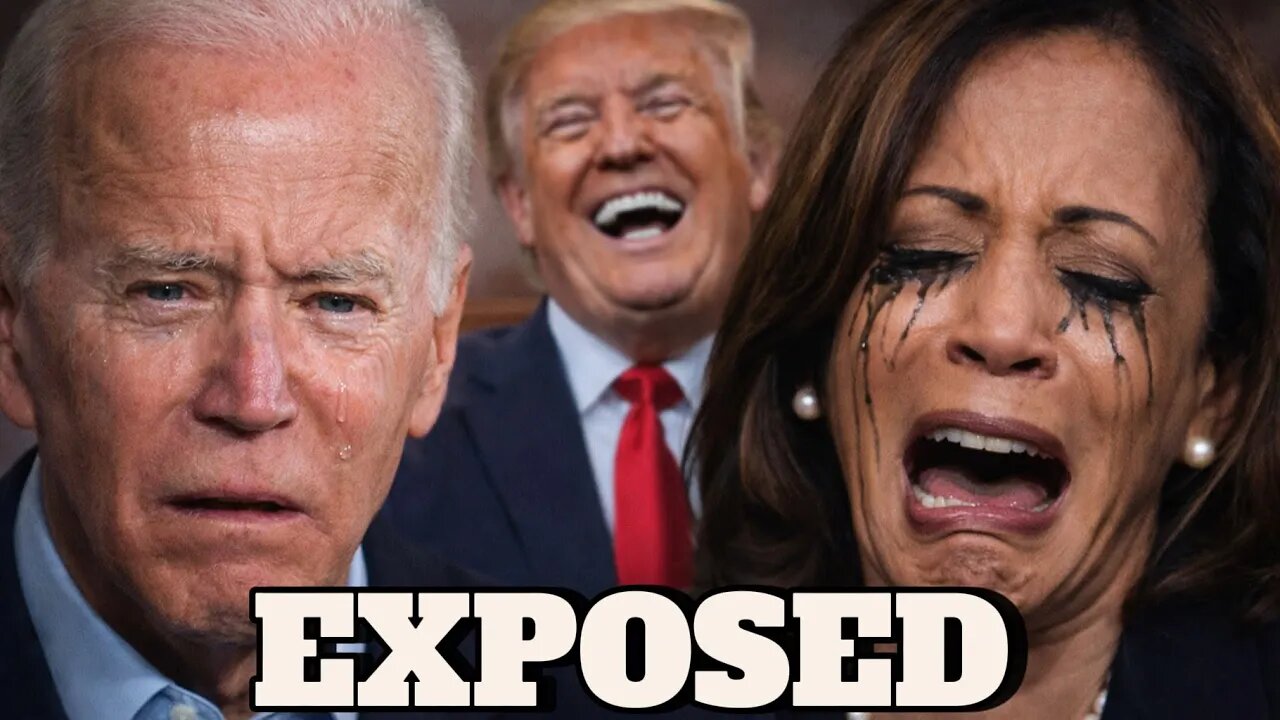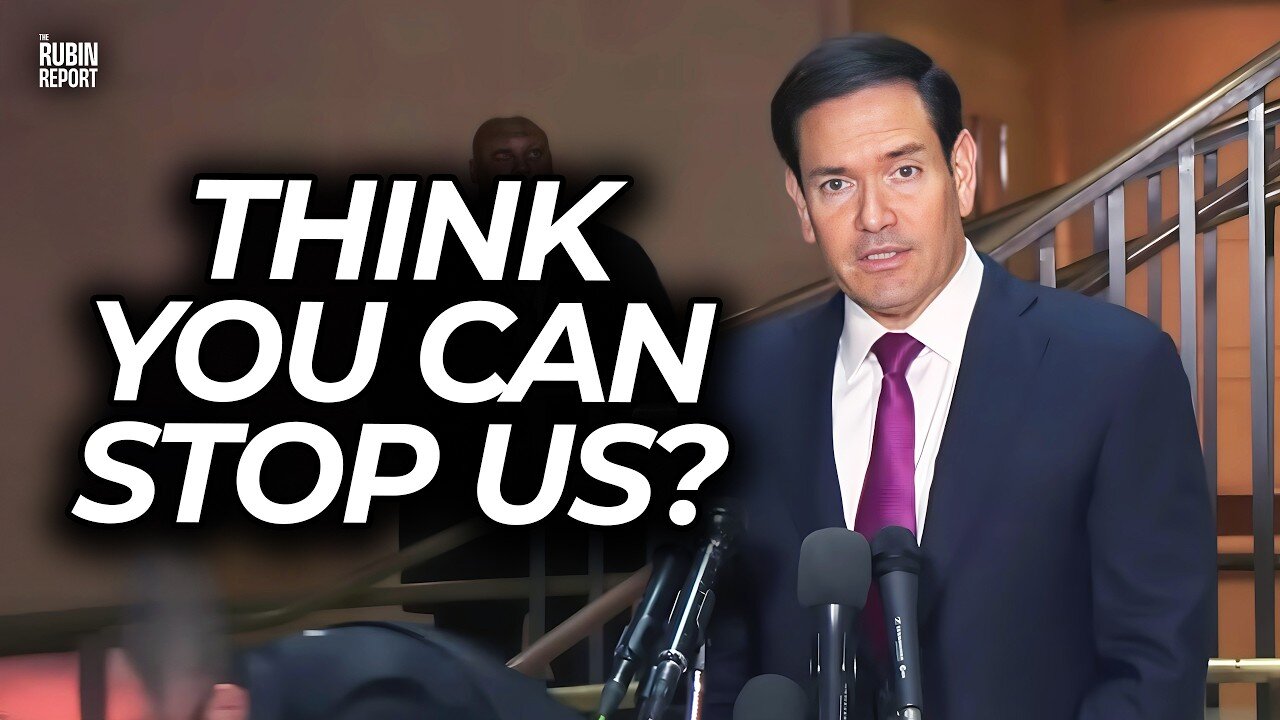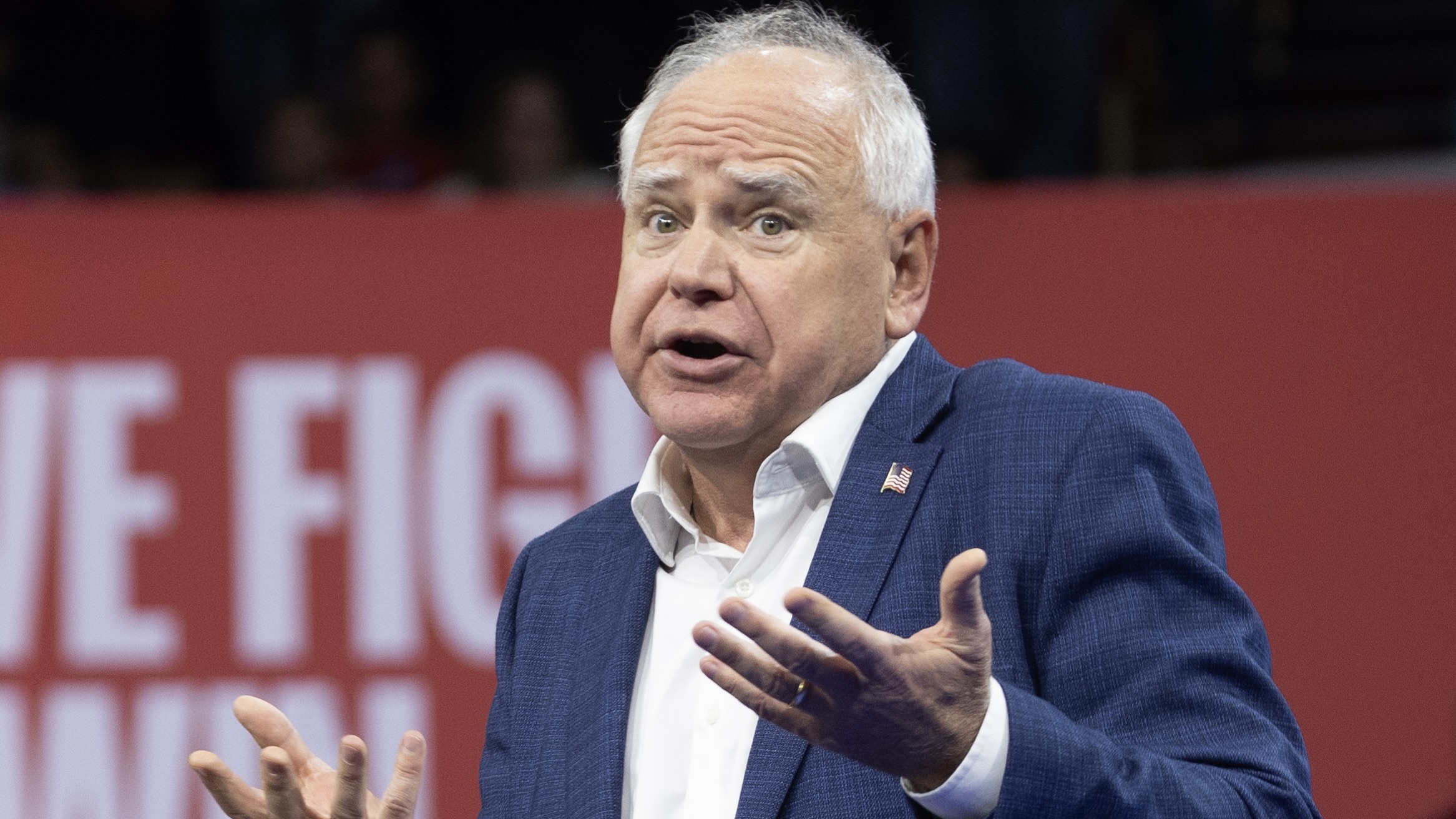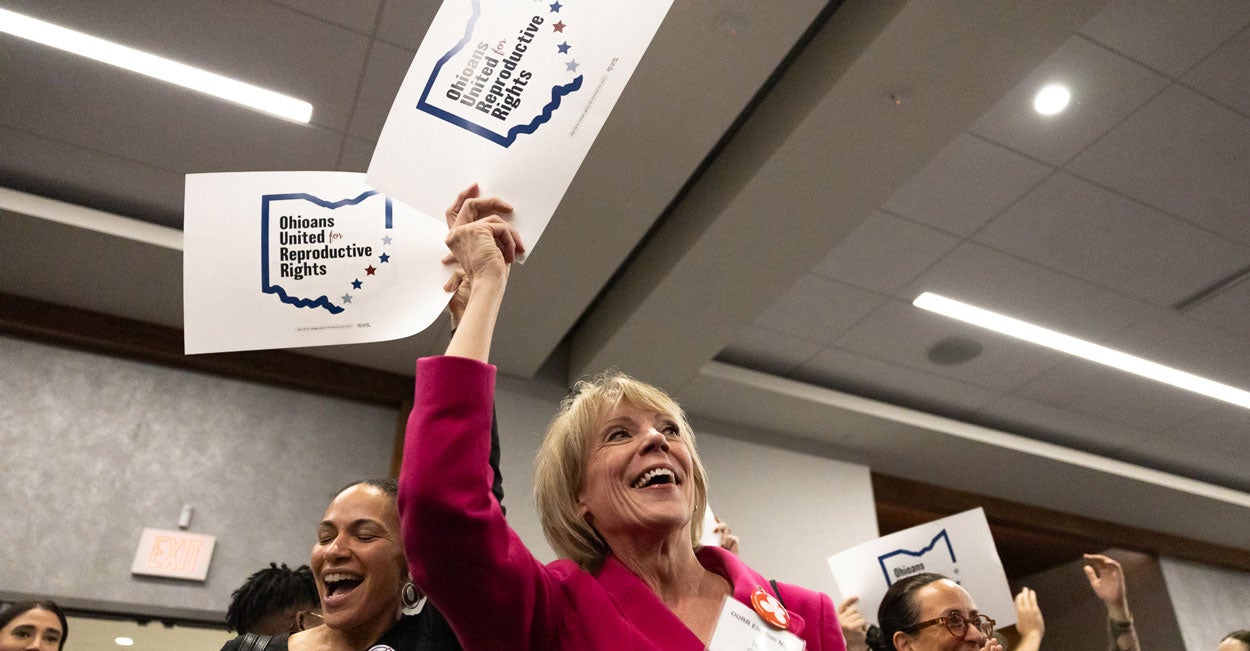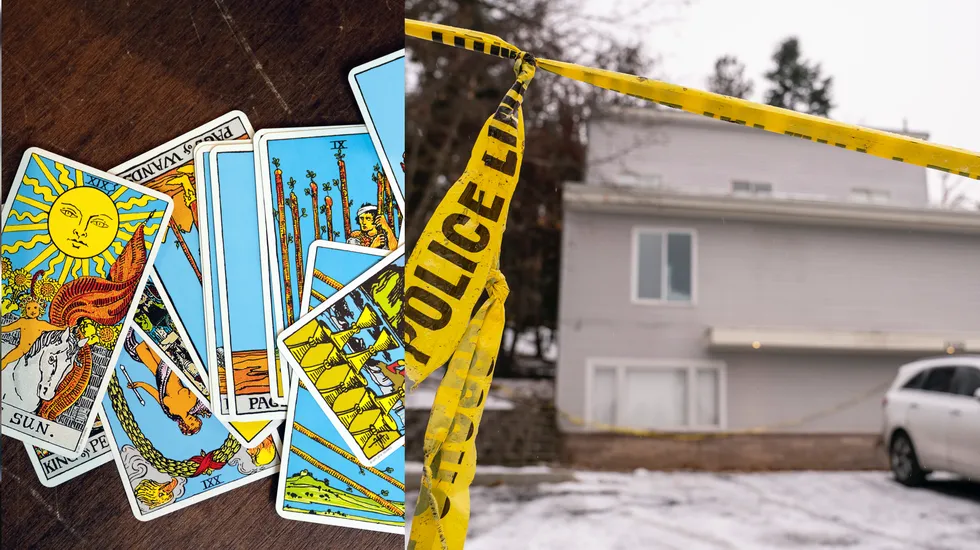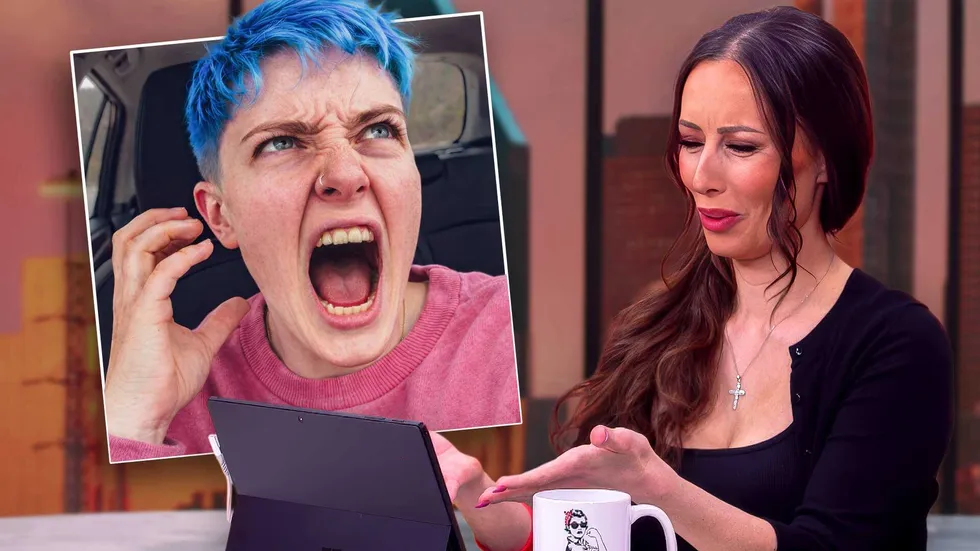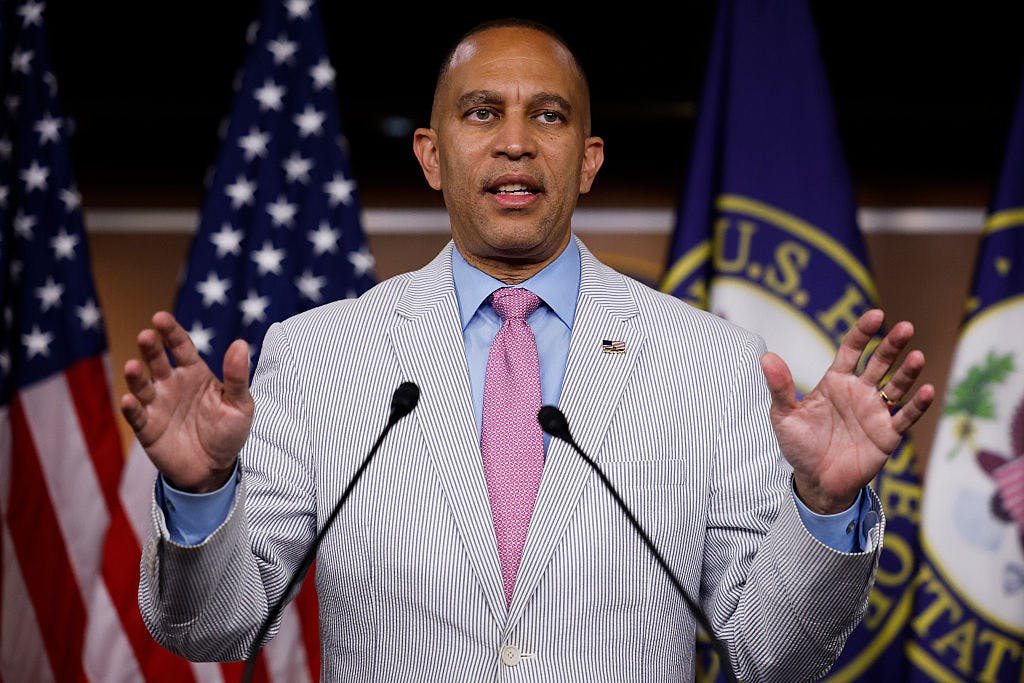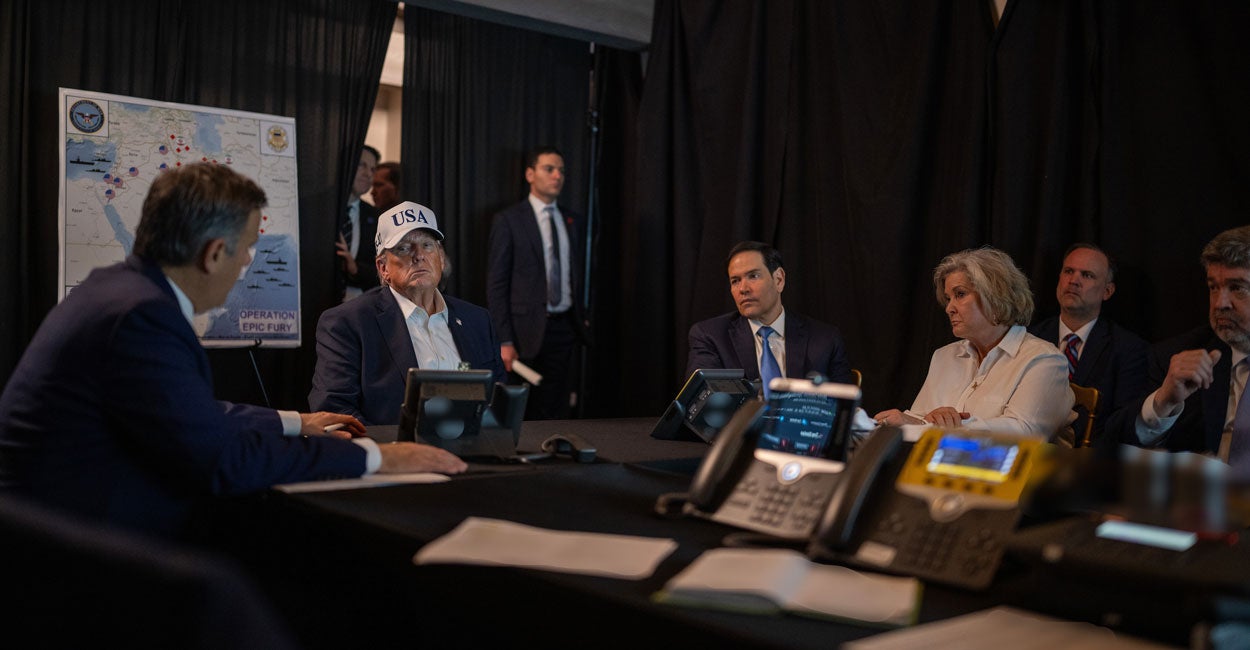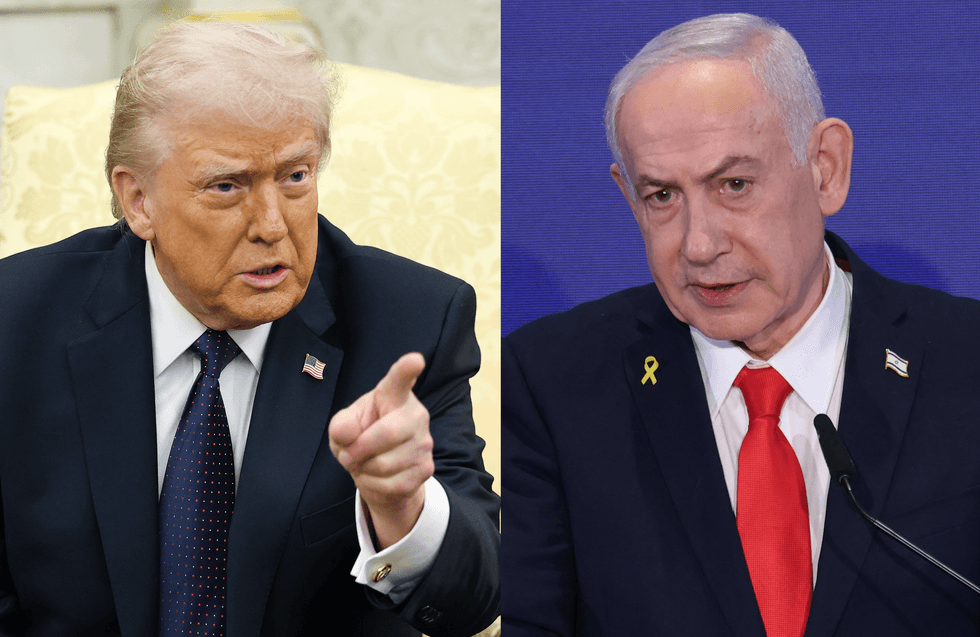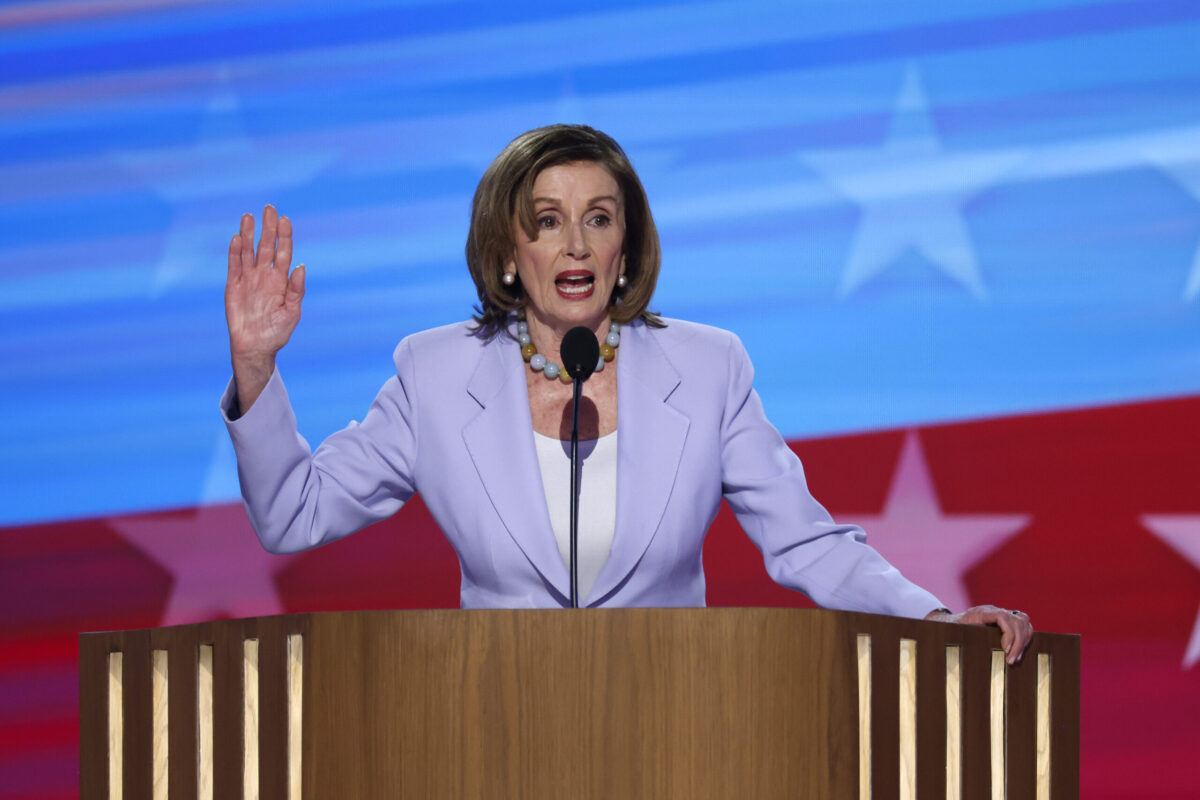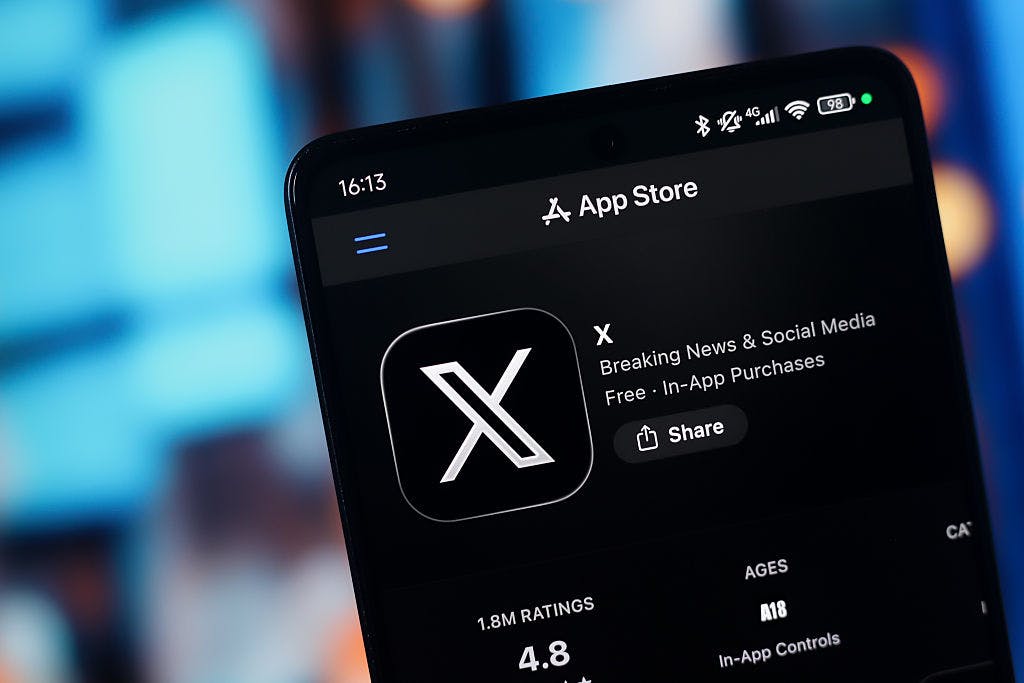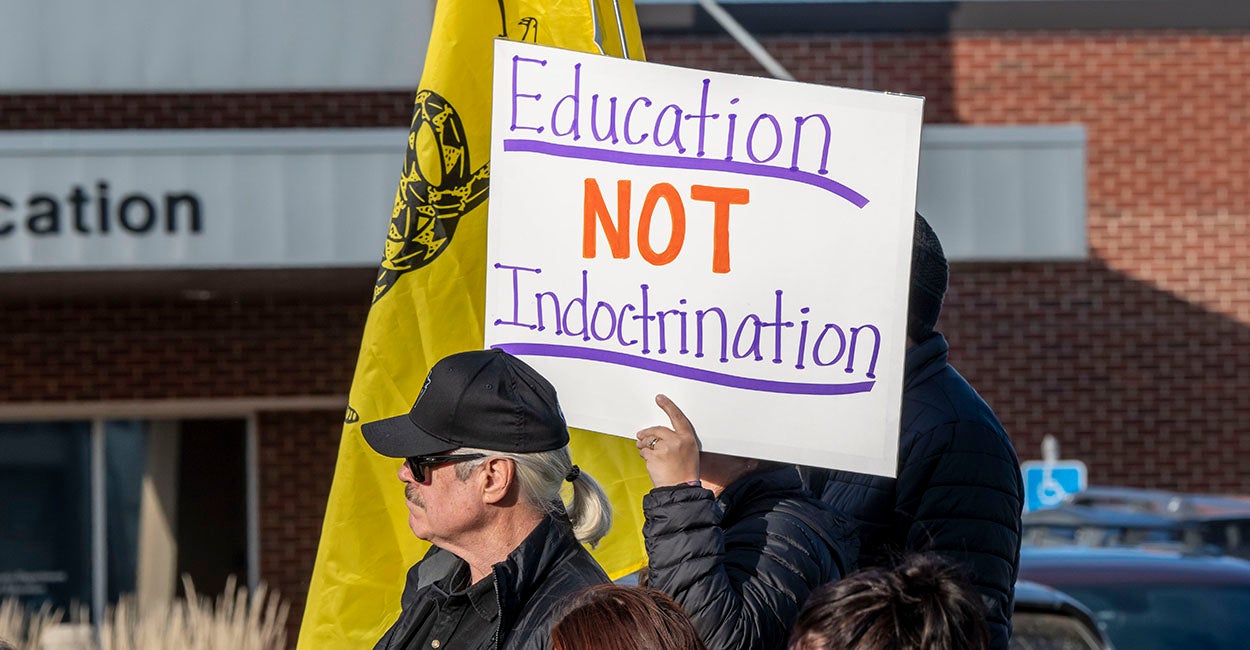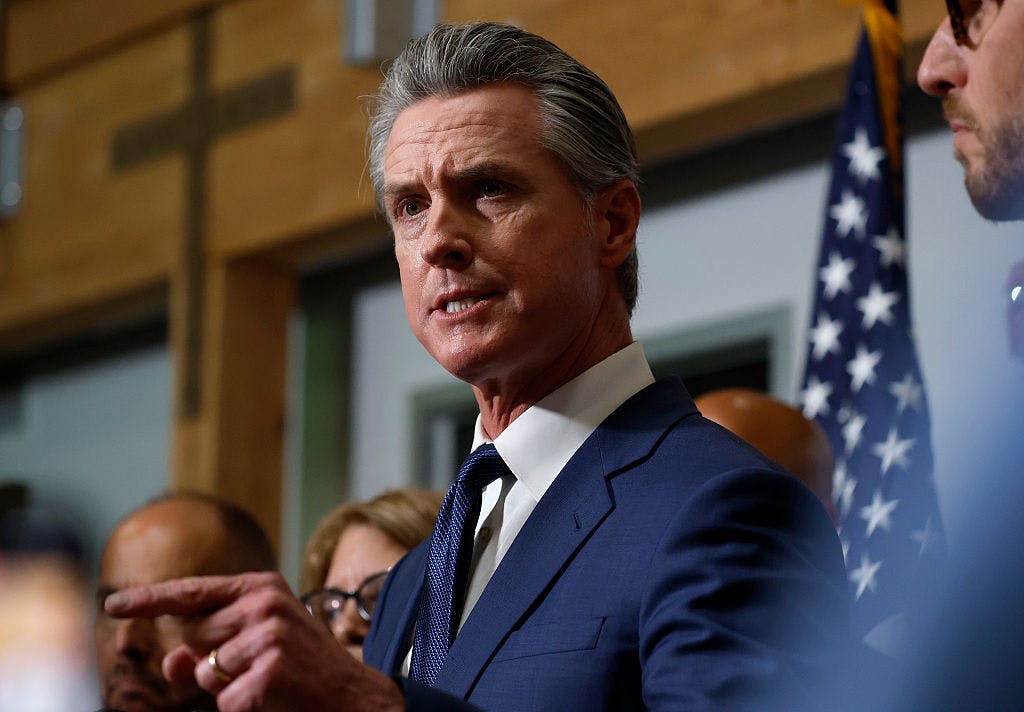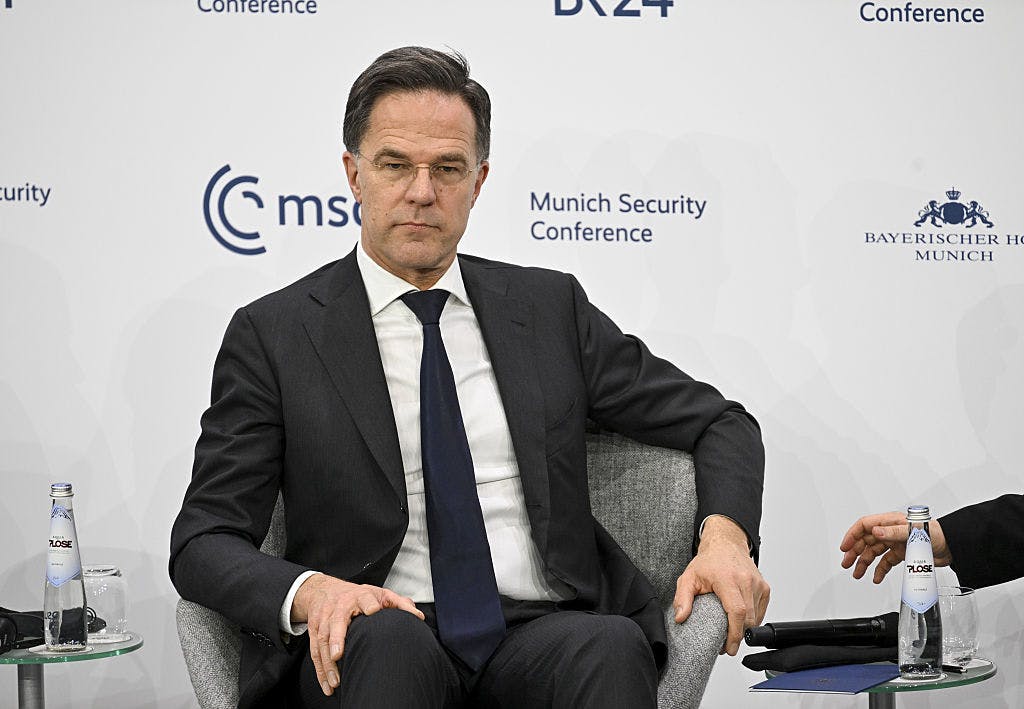Why I made a romantic comedy about America's political divide
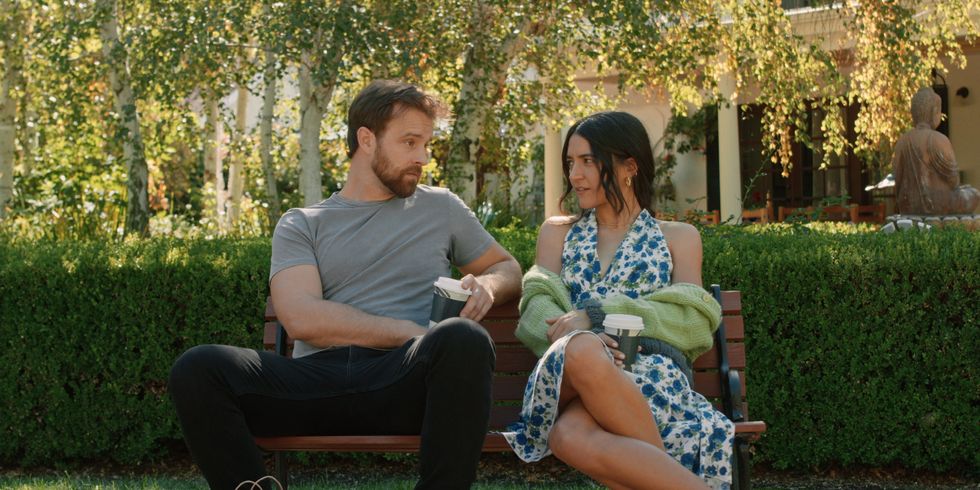
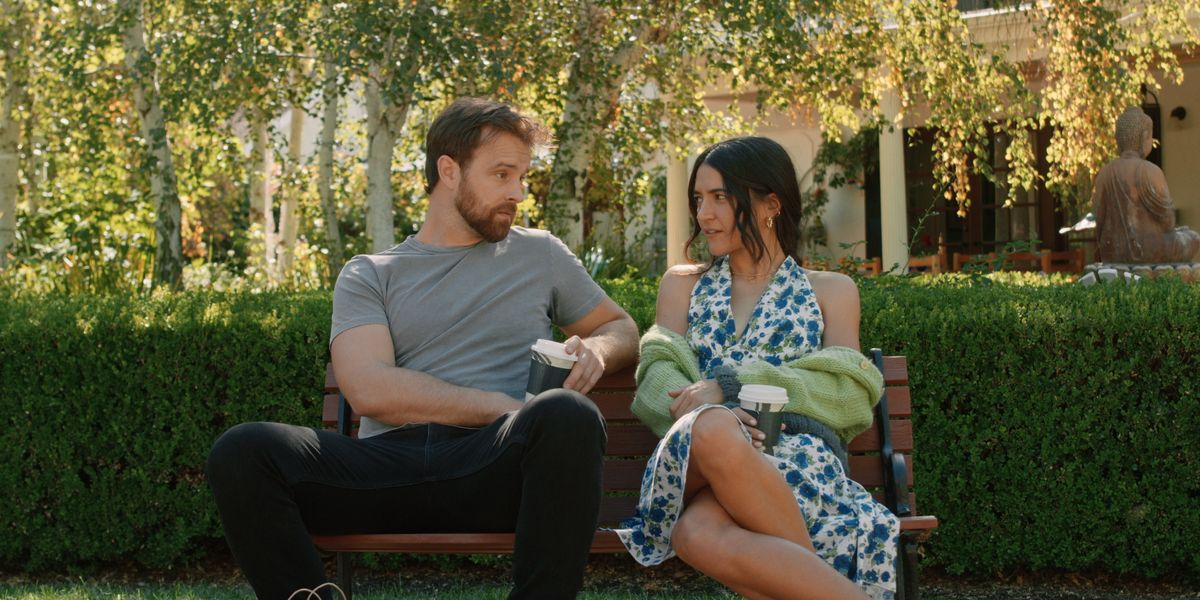
My name is Erik Bork. I am not a household name.
Live Your Best Retirement
Fun • Funds • Fitness • Freedom
But if you watched the Tom Hanks-Steven Spielberg HBO miniseries "Band of Brothers," there is a good chance I have already been in your living room. I had the great pleasure of helping to write and produce that series and a few other projects with Mr. Hanks, including "From the Earth to the Moon," about the Apollo program.
Comedy, to me, is the great disarmer. It creates breathing room. I leaned into that and set out to create a story where political opposites are not caricatures, but characters
"The Elephant in the Room" is my newest project. It’s something completely different: a romantic comedy about two strangers who meet without knowing the other’s politics. When they soon find that out, it changes everything. She voted Biden. He voted Trump. And it’s December 2020.
They must decide if their budding connection can survive this divide. And should they give it a chance? Or maybe try to impact the other’s views? That shouldn’t be hard, right?
RELATED: Can true love 'Trump' our political divide? Writer/director Erik Bork is optimistic.
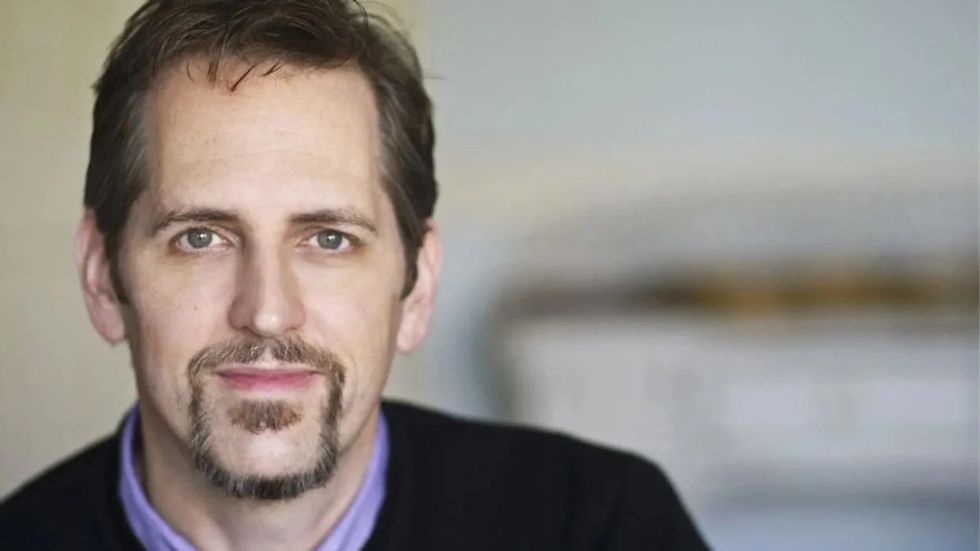 Erik Bork
Erik Bork
Polar exploration
The film approaches this touchy issue with levity and heart rather than arguing and bitterness. By exploring what could happen here, we might invite a deeper conversation about welcoming differences or, at the very least, opening up enough to listen to each other, rather than falling into stalemate polarization.
I was lucky enough to start my career in a kind of apprenticeship with Tom Hanks, helping him bring historical stories to life with meticulous detail. They were stories that tended to be celebrations of a great American achievement, where the stakes and risks were sky-high and success by no means guaranteed.
I see the growing political divide the same way. Beyond the issues we might be passionate about — the politicians and policies we might love and support or fear and loathe — there are human beings “on the other side” who think differently. Are they necessarily evil or stupid? Because that’s what polarization tells us about them. Or do they just have different life experiences, education, news sources, and circles they travel in?
Entrenched like me
I come from one side of this great divide myself. And I have spent years reacting to what those “others” are doing and saying and believing, entrenched in my belief that the only problem was them. That their side is essentially all wrong and my side all right.
But there’s more to it than that. And I’ve learned that I can believe and advocate for everything that’s important to me while also making space to see people in my life with opposing views as human beings who probably agree with me on many fundamental values. And with whom talking and listening openly, while perhaps disagreeing, can be a positive thing for us all.
That’s not happening much online or in the news and media right now. There’s an obvious divide that many of our elected leaders and media seem incentivized to keep in place, where little that’s constructive and has broad appeal can get done and few basic facts can be agreed upon. And we no longer can agree on what America is supposed to mean and what about it should be celebrated and supported.
The great disarmer
The more I looked at how this has evolved and lamented it, I began to wonder: Could characters from opposite ends of the political spectrum share a space without it turning into a fight? Could they still see each other as human beings first? What if there was strong physical and emotional chemistry giving them an incentive to try?
And could I explore this seemingly dead serious issue in that lightest of genres, the romantic comedy? That challenge I gave myself turned into "The Elephant in the Room."
Comedy, to me, is the great disarmer. It creates breathing room. I leaned into that and set out to create a story where political opposites are not caricatures, but characters; a place where disagreement is not necessarily an ending. Nothing is definitively answered, and no one is asked to change their views — including the audience. But a space is made for possibility.
Originally Published at Daily Wire, Daily Signal, or The Blaze
What's Your Reaction?
 Like
0
Like
0
 Dislike
0
Dislike
0
 Love
0
Love
0
 Funny
0
Funny
0
 Angry
0
Angry
0
 Sad
0
Sad
0
 Wow
0
Wow
0
